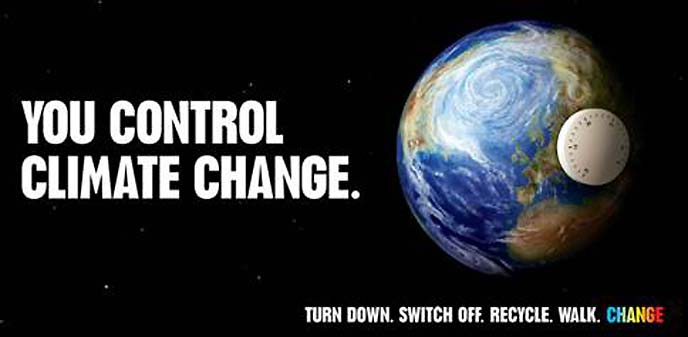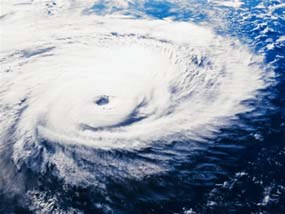|
You are viewing ARCHIVED content published online before January 20, 2025.
Please note that this content is NOT UPDATED, and links may not work. For current information,
visit https://www.nps.gov/aboutus/news/index.htm.

Contact: Mike Vouri, 360-378-2240, ext. 2227 Contact: Ron Zee, 360-378-6690 San Juan County residents and visitors will have an opportunity to learn more about the impacts of climate change through a dynamic speaker series scheduled June through September in venues in Friday Harbor, as well as on Orcas and Lopez Islands. The Climate Action Imperative: Understanding Impacts & Making Choices will feature eight experts on the topic—from oceanographers to botanists, biologists to meteorologists. The series will provide a current look at climate change and what actions are warranted by individuals as well as by our state and nation, according to Ron Zee of the Madrona Institute, a co-sponsor of the series. Lee Taylor, superintendent of San Juan Island National Historical Park, another co-sponsor, emphasized the dramatic ecosystem changes National Parks are experiencing. "The impacts of climate change on national parks are immediate and real--rising sea level, ocean acidification, and increased wildfire to name just a few," Taylor said. "We need to increase our resilience to these changes here in the Islands and beyond." All talks are free and scheduled for 7 p.m. at different venues (see list below). Please call 360-378-2240, ext. 2227 or 2228 for information. A concluding session on September 10 will feature State Senator Kevin Ranker, a leading legislative advocate for climate action, along with special guests. The Imperative Climate change has moved to the forefront of international, national, and state concern. In November 2013, the United Nations Intergovernmental Panel on Climate Change released a report stating that climate change will pose sharp risks to the world’s food supply in coming decades, potentially undermining crop production and driving up prices at a time when demand for food is expected to soar. This brought a strong pledge of action from President Barak Obama in his January State of the Union address. In the last eight years, the United States has reduced its share of total carbon pollution more than any other nation. The President noted, however, the effects of climate change will cause harm to western communities from drought and coastal communities from floods. 
Meanwhile in Washington State, the Climate Legislative Executive Workgroup in Olympia made their final recommendations to the Washington State Legislature, recognizing the dire urgency of our climate dilemma and calling for action. In March 2014, the Intergovernmental Panel on Climate Change (IPCC) released the most comprehensive assessment yet of the effects of climate change on our planet. The report summary provides overwhelming evidence of the scale of these impacts. In late April 2014, Governor Jay Inslee issued an executive order outlining a series of actions to cut carbon emissions in the state and advance development and use of renewable energy and energy efficiency. A taskforce has been formed to design and implement an emissions reduction program. The Third National Climate Assessment, released by the White House last week, warns that the effects of climate change will become increasingly disruptive in the coming years. The President said regarding the Assessment, " We’ve got to have the public understand this is an issue that is going to impact our kids and our grandkids, unless we do something about it." Understanding Impacts and Making Choices
The series co-sponsors reflect the multiple fronts addressing climate change in the San Juan Islands: San Juan Island National Historical Park, Madrona Institute, San Juan Islands Conservation District, The League of Women Voters of the San Juans, San Juan Island Library, San Juan Nature Institute, San Juan County Marine Resources Committee, Northwest Straits Foundation, Stewardship Network of the San Juan Islands, Washington State University Extension Service, San Juan Island Grange #966 and the Agricultural Resources Committee of the San Juan Islands. After each talk, discussion will be encouraged to think global and act local - identifying choices relevant to our community. Dr. Richard Hebda, a botanist at the University of Victoria School of Earth and Ocean Sciences and Curator of Botany and Earth History at the Royal British Columbia Museum in Victoria, will kick off the series at 7 p.m., Wednesday, June 18 at the Friday Harbor Brickworks. The other speakers are as follows: JUNE 25 Dr. Jan Newton JULY 10 Chad Kruger JULY 24 Lara Whitely Binder JULY 31 Dr. Nicholas Bond AUGUST 7 Rebecca Lofgren AUGUST 20 Dr. Steven Fradkin AUGUST 28 Dr. Philip Mote For more information about Climate Change and Climate Action, please see the following websites: Intergovernmental Panel on Climate Change U.S. Global Change Research Program National Aeronautics and Space Administration Climate Impacts Group 
|
Last updated: October 23, 2017
